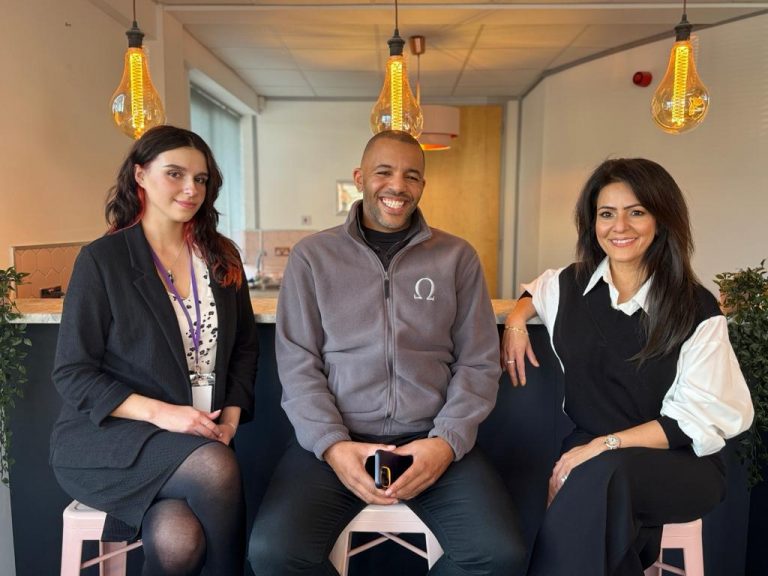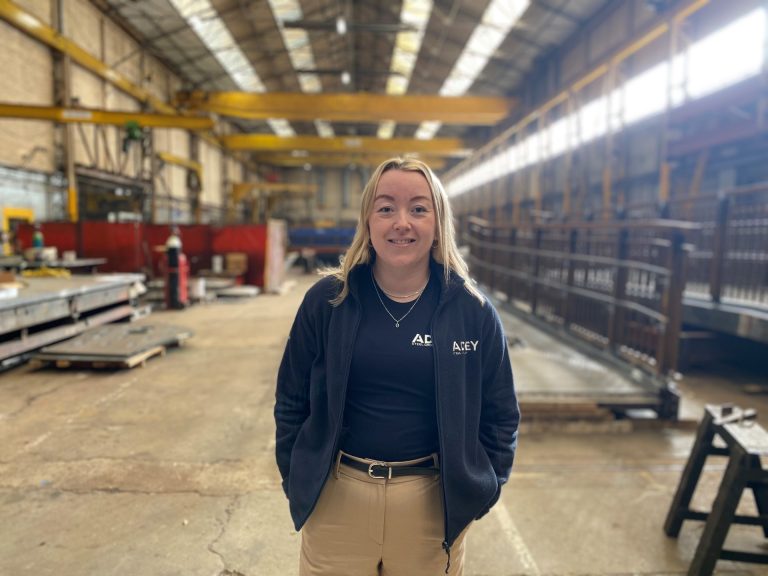Company appointed to carry out works at new Northampton cultural hub
Cooper Parry Wealth makes fresh acquisition
New free tool from HSE helps employers comply with mental health laws
Hot tub supplier joins list of fastest-growing companies
Derby Levelling up Fund money reallocated to two cultural venues
Caution…Here be Dragons: by Greg Simpson, founder of Press for Attention PR
UK GDP flat in third quarter but recession avoided this year
Recruitment company makes Oberoi Business Hub move
Leicestershire supplier to F1 teams secures £3.25m lending facility
New group HSE manager for Adey Steel
Charlotte Huband has been appointed as the new group HSE manager at the Adey Steel Group.
The 26-year-old joins the Loughborough-based steel fabrication infrastructure specialist from the VF Corporation, the global apparel and footwear company, where until recently she was health & safety advisor.
She will be responsible for the overall management of health, safety and the environment for both Adey Steel and Adey SteelShop.
Charlotte started her career in health & safety with Leicestershire County Council, where she worked as a health & safety technician after completing her apprenticeship with the local authority.
“I am thrilled to be joining the Adey Steel Group,” explained Charlotte. “It’s a highly progressive, forward-thinking company within its sector and I look forward to working closely with the team to deliver our industry-leading Safety First approach to health, safety and the environment within our day to day operations.”
Charlotte, who lives with her partner and two dogs Luna and Ruby in Abbots Oak in North West Leicestershire, actually began her professional life with horses after a career competing in eventing at international level. She worked for several years as an equine physio alongside supporting Team GB show jumper Holly Smith before moving into health & safety.
Robert Hall, group operations director of the Adey Steel Group, added: “We are delighted to welcome Charlotte to the Adey Steel Group. Her experience, energy and enthusiasm will be a huge asset to the business as we look to ensure even higher levels of health and safety across our business.”












